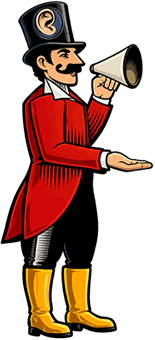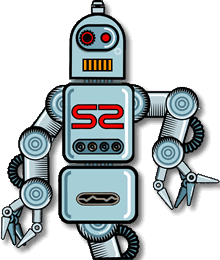Explore this spelling list: GCSE English Language: Form and Structure 3. Here, you'll find everything you need to excel in spelling. Choose between games, tests, and downloadable activities to learn in a way that suits you.
Key words for GCSE English Language.
|
|
first-person |
The first-person singular pronoun is 'I'
|
|
|
second-person |
The second-person singular pronoun is 'you'.
|
|
|
singular |
The first-person singular pronoun is 'I'.
|
|
|
plural |
The first-person plural pronoun is 'we'.
|
|
|
pronoun |
The second-person plural pronoun is 'you'.
|
|
|
juxtaposition |
Juxtaposition is when two things are placed close to each other for contrasting effect.
|
|
|
personal |
A personal narrative is a story about a personal experience.
|
|
|
narrative |
A personal narrative is a story about a personal experience.
|
|
|
exposition |
Exposition sets up the world and history of the story.
|
|
|
rising |
Rising action builds tension in a narrative.
|
|
|
action |
Rising action builds tension in a narrative.
|
|
|
climax |
The climax is the point of highest tension in a story.
|
|
|
falling |
Falling action in when tension subsides as the story's threads are tied together.
|
|
|
action |
Falling action in when tension subsides as the story's threads are tied together.
|
|
|
resolution |
The resolution is the point at which the main problem is solved.
|
|
|
paradox |
A paradox is a situation that seems illogical but turns out to be true.
|
Strengthen your spelling abilities with structured learning activities.



How to use:
Look and read the word.
Say the word. Click the speaker icon.
Cover the word.
Write the word.
Check your spelling.
Play interactive games to practice these words in a fun way.
 Spelling Snowball
Spelling Snowball
Winter spelling fun!
![]()
![]()
 Egg Hunt
Egg Hunt
Crack the eggs!
![]()
 Word Search, small
Word Search, small
The classic English word game.
![]()
![]()
![]()
 Against the Clock
Against the Clock
Spelling 'against the clock'.
![]()
![]()
 Mayan Temple
Mayan Temple
Try the temple spelling puzzle.
![]()
 Monkey Business
Monkey Business
It's bananas!
![]()
Check your spelling accuracy with this test.

Download and print spelling worksheets for this word list.
Improve your spelling by writing these words.

This word list was created by Spellzone. View more Spellzone course lists or curriculum word lists.
"I would like to thank you so much for this great website. I have always been ashamed of my spelling but after a few lessons I am already better. It is filling in all the gaps. Thanks."
Student, France